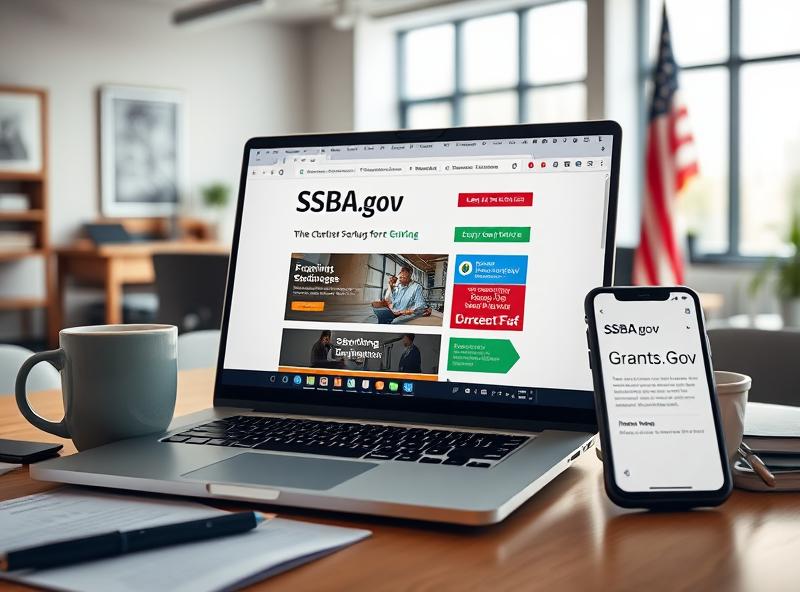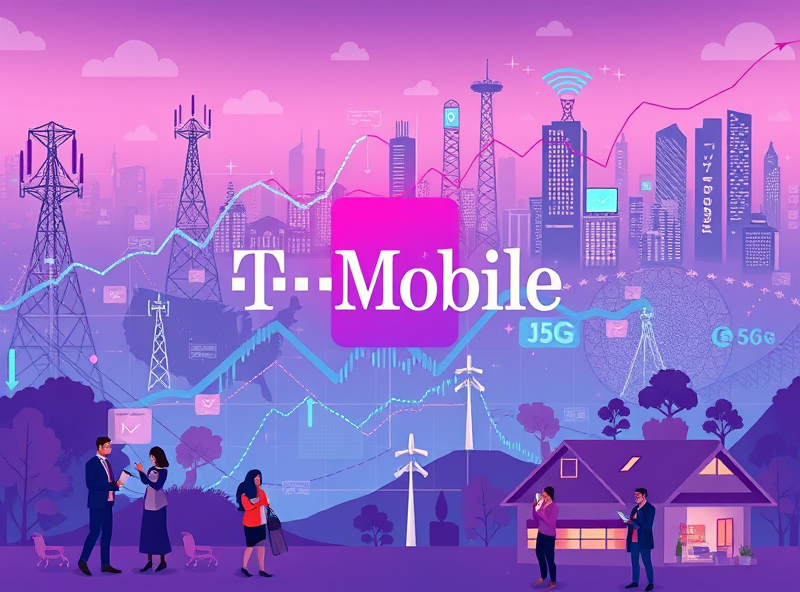
Top U.S. Government Startup Support Programs Explained
Early-Stage Funding for U.S. Startups

Getting early-stage funding is one of the biggest challenges for startups in the U.S., but fortunately, several government programs are designed to help entrepreneurs get off the ground. These programs not only provide capital but also offer mentorship, networking opportunities, and credibility that can attract private investors later on.
One of the most prominent funding sources is the Small Business Innovation Research (SBIR) program. Managed by 11 federal agencies, SBIR provides non-dilutive grants and contracts to startups focused on research and development. It’s ideal for tech-driven startups working on innovative solutions. You can learn more about the SBIR program on the official SBA website: https://www.sbir.gov/
Another valuable program is the Small Business Technology Transfer (STTR), which is similar to SBIR but requires collaboration with a research institution. This program is great for startups looking to commercialize academic research.
The U.S. Economic Development Administration (EDA) also offers grants and technical assistance through its Build to Scale program, which supports innovation and entrepreneurship in regional economies.
For founders from underserved communities, the Minority Business Development Agency (MBDA) and the Community Development Financial Institutions Fund (CDFI Fund) provide targeted support, including funding and business development services.
By tapping into these resources, early-stage startups can reduce financial risk, validate their ideas, and build a strong foundation for future growth. These programs are not just about money—they’re about building a sustainable path to success.
Non-Financial Growth Programs for Emerging Companies

While funding is often the first thing that comes to mind when thinking about government support for startups, there are several powerful non-financial programs that can significantly accelerate growth for emerging companies in the U.S. These programs provide access to mentorship, networking, research facilities, and technical expertise—resources that are often just as critical as capital in the early stages of business development.
One of the most impactful programs is the Small Business Innovation Research (SBIR) and Small Business Technology Transfer (STTR) programs. While these do offer funding, they also provide startups with access to federal research labs, technical advisors, and commercialization support. These programs are especially valuable for tech-focused startups looking to scale through innovation.
Another key initiative is the U.S. Department of Commerce’s Minority Business Development Agency (MBDA), which offers business consulting, market research, and strategic planning assistance to minority-owned startups. MBDA Business Centers across the country help entrepreneurs navigate federal contracting, export opportunities, and business certifications.
Startups in need of technical guidance can also benefit from the Manufacturing Extension Partnership (MEP), run by the National Institute of Standards and Technology (NIST). MEP centers provide hands-on support in areas like supply chain optimization, product development, and quality control.
Additionally, the U.S. Small Business Administration (SBA) offers a range of non-financial services through its SCORE program and Small Business Development Centers (SBDCs). These include free mentoring, business plan development, market analysis, and training workshops.
These programs are designed to help startups build a strong foundation, scale efficiently, and make informed decisions. By leveraging these resources, emerging companies can reduce costly trial-and-error, expand their networks, and increase their chances of long-term success.
For more information on SBA’s non-financial support programs, visit: https://www.sba.gov/local-assistance
Specialized Support for Global Expansion and Minority Founders

Expanding your startup globally or navigating the entrepreneurial journey as a minority founder in the U.S. can be uniquely challenging. Thankfully, several U.S. government programs and affiliated organizations offer tailored support to help you thrive.
For global expansion, the U.S. Commercial Service, part of the International Trade Administration, provides valuable resources such as market intelligence, trade counseling, and matchmaking services with international partners. Their Gold Key Service, for example, helps startups connect with potential overseas clients and distributors, significantly reducing the friction of entering new markets. You can learn more about their services here: https://www.trade.gov/us-commercial-service
Minority founders can benefit from programs like the Minority Business Development Agency (MBDA), which offers business centers across the country. These centers provide access to capital, contracts, and strategic consulting specifically designed for minority-owned businesses. The Small Business Administration (SBA) also runs the 8(a) Business Development Program, which helps socially and economically disadvantaged entrepreneurs compete in the federal marketplace.
In addition, programs like the State Trade Expansion Program (STEP) offer financial assistance to small businesses looking to export their products. This can be a game-changer for minority founders aiming to scale globally but lacking initial capital.
By leveraging these resources, minority founders and globally-minded startups can access the tools, funding, and networks they need to grow confidently and sustainably.
Central Startup Portals and Smart Funding Models

Navigating the U.S. startup ecosystem can be overwhelming, especially when it comes to finding the right government support. Thankfully, several centralized portals and innovative funding models have been developed to make this process easier and more transparent for early-stage entrepreneurs.
One of the most helpful resources is the U.S. Small Business Administration’s (SBA) official portal (https://www.sba.gov). This platform offers a wealth of information, including how to register your business, access federal contracts, and apply for loans or grants. The SBA also connects startups with local Small Business Development Centers (SBDCs), which provide free mentoring and training.
Another key portal is Grants.gov, a centralized platform where startups can search and apply for federal grants across various agencies. It’s especially useful for tech, health, and research-based startups looking for non-dilutive funding.
Smart funding models are also gaining traction. For example, the Small Business Innovation Research (SBIR) and Small Business Technology Transfer (STTR) programs offer phased funding to startups working on high-impact R&D. These programs are designed to reduce risk by providing initial funding for feasibility studies, followed by larger grants for development and commercialization.
In addition, some states have launched their own startup portals and funding initiatives. For instance, California’s CalOSBA and New York’s Empire State Development provide region-specific resources, tax incentives, and funding opportunities tailored to local startups.
By using these centralized platforms and understanding smart funding models, entrepreneurs can save time, reduce uncertainty, and access the right support at the right stage of their journey.







